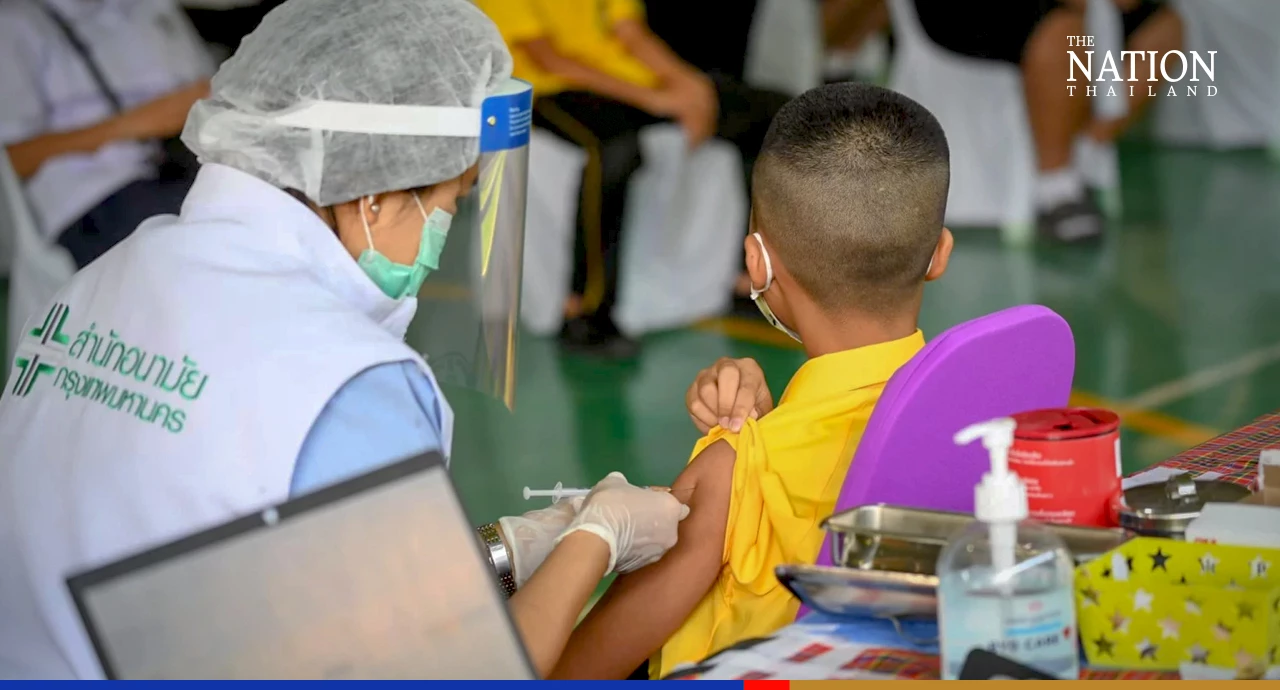Dr Yong Poovorawan posted the information, which was drawn from vaccine studies around the world, on Facebook on Saturday.
The information can be summarised in the following 10 points:
1. Vaccine efficiency depends on the number of doses received. One or two doses are not enough to protect recipients from the Omicron variant or prevent severe symptoms.
2. Being fully vaccinated means receiving two doses of primary vaccine and another booster dose, or three doses in total.
3. Unless medically exempt, people should receive at least three doses of vaccine.

5. The key to boosting immunity is the number of doses, not the vaccine brand or regimen.
6. For Covid-19 to be declared endemic in Thailand, most people should have received at least three doses to reduce severity of symptoms, plus hospitalisations and deaths.
7. A previous Covid-19 infection offers about the same immunity as one dose of vaccine. People who have received two doses of vaccine and are infected later should be considered "fully vaccinated" with three doses.
8. People who have received two vaccine doses and are then infected can get a booster (fourth dose) six months after their infection.
9. Unvaccinated people who have been infected should receive the booster dose one to three months after recovering.
10. Though Covid-19 does not cause severe illness in most children aged over five, they should still receive three doses of vaccine so that schools can reopen safely.

